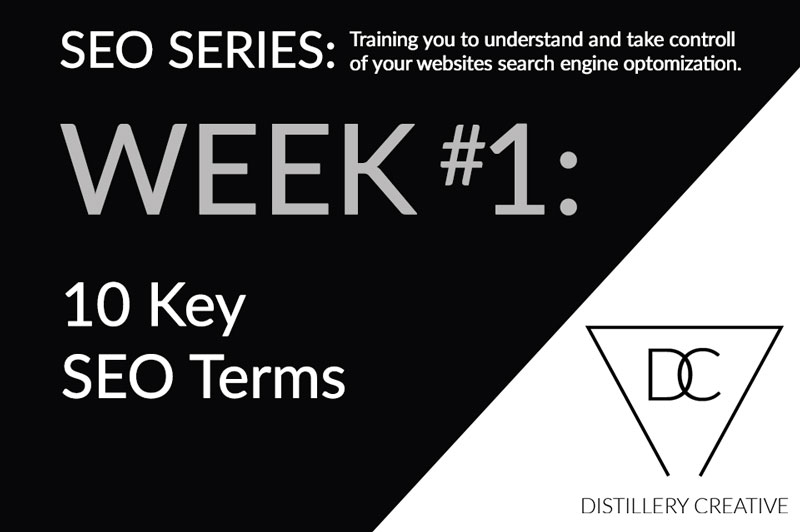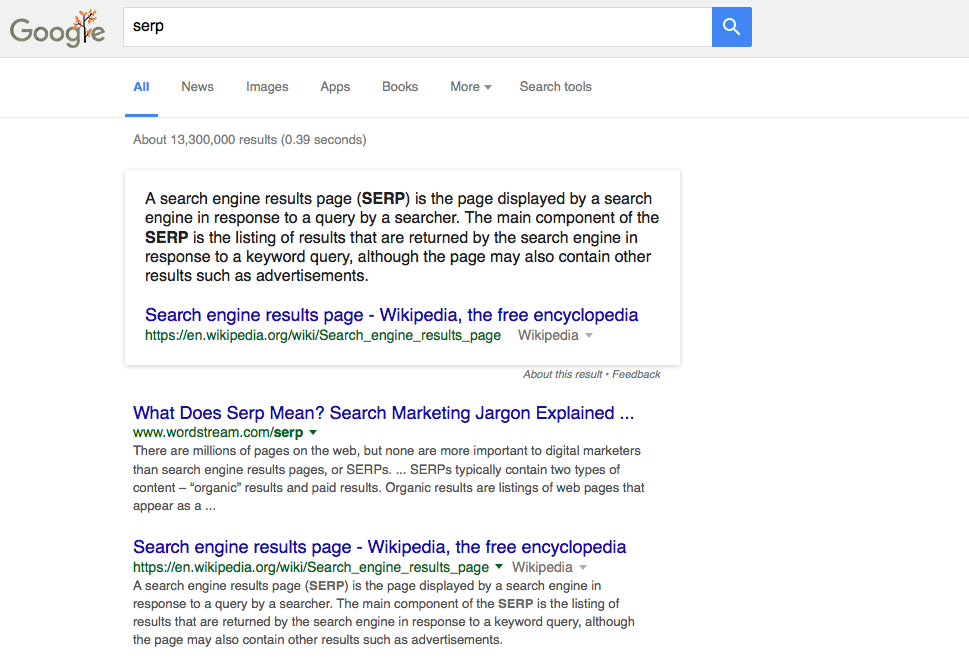
8 Key SEO Terms
A couple months ago, we ran a short introductory series on search engine optimization (or SEO). (Take a look here and here for a refresher.) So now that we’ve got the basics covered, what next? You know what SEO is, and you need to focus on improving your website’s search engine rank, but where do you go from here? What practical steps should you take next?
Over the next several weeks, we will take you on a step by step journey, unveiling the mystery that often surrounds SEO. We promise, SEO isn’t magic. It’s just a lot of hard work.
Before we can launch into the nitty-gritty, we first need to cover some basic definitions. Sooner or later when working with an SEO consultant, you will run into these terms:
1. Search Engine: Any tool that people use to find information. Popular search engines include Google, Yahoo, and Bing among English speakers; Baidu among Chinese speakers; and Yandex among Russian speakers.
2. Keyword: The words or phrases that users submit to search engines to find the answers to their questions or problems. SEO consultants will often talk about “keyword research” and “keyword optimization,” which is simply the process of figuring out the best words to use so that people will find you and then optimizing the content of your site to target those words.
3. Search Engine Results Page (SERP): The page that loads immediately after the user enters their keyword and clicks “search.” Depending on the search engines, SERPs include results from websites, directories, images, news, and more. Below is an example in Google:

4. Ranking: Your site’s placement on the SERP. When we talk about “ranking,” we are referring to your site’s placement in the organic results, as opposed to a paid ad listing (such as Google AdWords) or a directory listing (such as Google Places). When people talk about ranking, they are generally referring their SERP placement for the specific keywords they want to target.
5. Algorithm: The programs that search engines run to give users relevant, useful information. When a user types in a string of keywords and clicks “search” on Google, the algorithm is the program that runs to find the most helpful information. We’ll talk about this more in our next post about how search engines work.
6. Domain Authority: A metric used to measure the trustworthiness and authority of a website. Measured on a scale of 0-100, the higher number associated with your site, the more authority your site has in your industry.
7. Backlinks: Also called “link building,” backlinks are simply the times that other sites link to your site. Backlinks help your website build authority and trustworthiness because search engines interpret them as marks of expertise and helpfulness. If another site thinks your content is so useful that they want to link to you, search engines will take note.
8. On-page SEO: The all-encompassing optimization of your website. It effects the content, images, meta data, design, and source code of your website. When most people talk about needing SEO, they are referring to on-page SEO.
There you have it! A basic introduction to the language of SEO. Check back over the next few weeks for more!


